Filter by
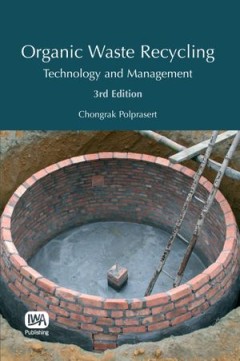
A Contemporary Study of Musical Arts: Volume 4: Informed by African indigenou…
Volume 4 – Illuminations, reflections and explorations Modern literacy education in African music has hitherto focused more on observed context studies. The philosophical rooting and the psychological and therapeutic force that ground African indigenous musical arts have not been much discerned or integrated. Much needed in contemporary education, then, are integrative studies and literature …
- Edition
- -
- ISBN/ISSN
- 9781920051655
- Collation
- -
- Series Title
- -
- Call Number
- 780

A Contemporary Study of Musical Arts: Volume 3: Informed by African indigenou…
Volume 3 – The Foliage: Consideration Modern literacy education in African music has hitherto focused more on observed context studies. The philosophical rooting and the psychological and therapeutic force that ground African indigenous musical arts have not been much discerned or integrated. Much needed in contemporary education, then, are integrative studies and literature materials that re…
- Edition
- -
- ISBN/ISSN
- 9781920051648
- Collation
- -
- Series Title
- -
- Call Number
- 780

A Contemporary Study of Musical Arts: Volume 2: Informed by African indigenou…
Volume 2 – The Stem: Growth Modern literacy education in African music has hitherto focused more on observed context studies. The philosophical rooting and the psychological and therapeutic force that ground African indigenous musical arts have not been much discerned or integrated. Much needed in contemporary education, then, are integrative studies and literature materials that represent th…
- Edition
- -
- ISBN/ISSN
- 9781920051631
- Collation
- -
- Series Title
- -
- Call Number
- 780

A Contemporary Study of Musical Arts: Volume 1: Informed by African indigenou…
Volume 1 – The Root: Foundation Modern literacy education in African music has hitherto focused more on observed context studies. The philosophical rooting and the psychological and therapeutic force that ground African indigenous musical arts have not been much discerned or integrated. Much needed in contemporary education, then, are integrative studies and literature materials that represen…
- Edition
- -
- ISBN/ISSN
- 9781920051624
- Collation
- -
- Series Title
- -
- Call Number
- 780
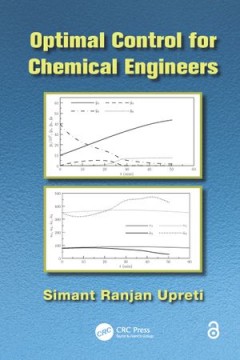
Cape Town Harmonies: Memory, Humour & Resilience
“Cape Town’s public cultures can only be fully appreciated through recognition of its deep and diverse soundscape. We have to listen to what has made and makes a city. The ear is an integral part of the ‘research tools’ one needs to get a sense of any city. We have to listen to the sounds that made and make the expansive ‘mother city’. Various of its constituent parts sound differen…
- Edition
- -
- ISBN/ISSN
- 9781928331506
- Collation
- -
- Series Title
- -
- Call Number
- 780
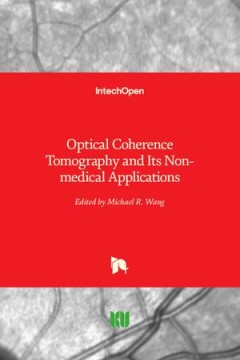
Beyond Memory: Recording the History, Moments and Memories of South African M…
South Africa possesses one of the richest popular music traditions in the world—from marabi to mbaqanga, from boeremusiek to bubblegum, from kwela to kwaito. Yet the risk that future generations of South Africans will not know their musical roots is very real. Of all the recordings made here since the 1930s, thousands have been lost for ever, for the powers-that-be never deemed them worthy of…
- Edition
- -
- ISBN/ISSN
- 9781920355906
- Collation
- -
- Series Title
- -
- Call Number
- 780
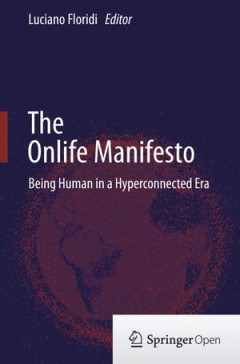
African Classical Ensemble Music: Book 3
The study of African music must be grounded in indigenous African knowledge systems, thus making it truly representative of indigenous Africa’s intellectual history. The African Classical Ensemble Music: Theory and Drum-based Concert Series is intended to empower literacy-driven ensemble creativity which, in turn, advances the philosophical, theoretical, medical and humanizing imperatives of …
- Edition
- -
- ISBN/ISSN
- 9781920355029
- Collation
- -
- Series Title
- -
- Call Number
- 780

African Classical Ensemble Music: Book 2
The study of African music must be grounded in indigenous African knowledge systems, thus making it truly representative of indigenous Africa’s intellectual history. The African Classical Ensemble Music: Theory and Drum-based Concert Series is intended to empower literacy-driven ensemble creativity which, in turn, advances the philosophical, theoretical, medical and humanizing imperatives of …
- Edition
- -
- ISBN/ISSN
- 9781920355012
- Collation
- -
- Series Title
- -
- Call Number
- 780
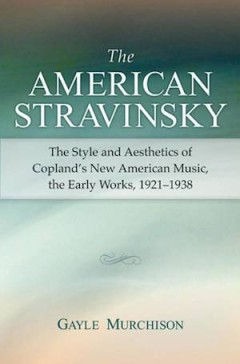
American Stravinsky: The Style and Aesthetics of Copland's New American Music…
One of the country's most enduringly successful composers, Aaron Copland created a distinctively American style and aesthetic in works for a diversity of genres and mediums, including ballet, opera, and film. Also active as a critic, mentor, advocate, and concert organizer, he played a decisive role in the growth of serious music in the Americas in the twentieth century. In The American Stravin…
- Edition
- -
- ISBN/ISSN
- 9780472099849
- Collation
- -
- Series Title
- -
- Call Number
- 780
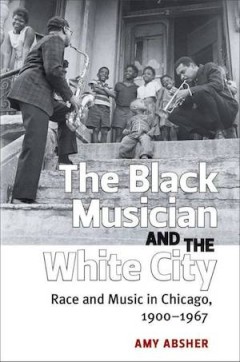
Black Musician and the White City: Race and Music in Chicago, 1900-1967
Amy Absher's The Black Musician and the White City tells the story of African American musicians in Chicago during the mid-twentieth century. While depicting the segregated city before World War II, Absher traces the migration of black musicians, both men and women and both classical and vernacular performers, from the American South to Chicago during the 1930s to 1950s. Absher takes the histor…
- Edition
- -
- ISBN/ISSN
- 9780472119172
- Collation
- -
- Series Title
- -
- Call Number
- 780
 Computer Science, Information & General Works
Computer Science, Information & General Works  Philosophy & Psychology
Philosophy & Psychology  Religion
Religion  Social Sciences
Social Sciences  Language
Language  Pure Science
Pure Science  Applied Sciences
Applied Sciences  Art & Recreation
Art & Recreation  Literature
Literature  History & Geography
History & Geography